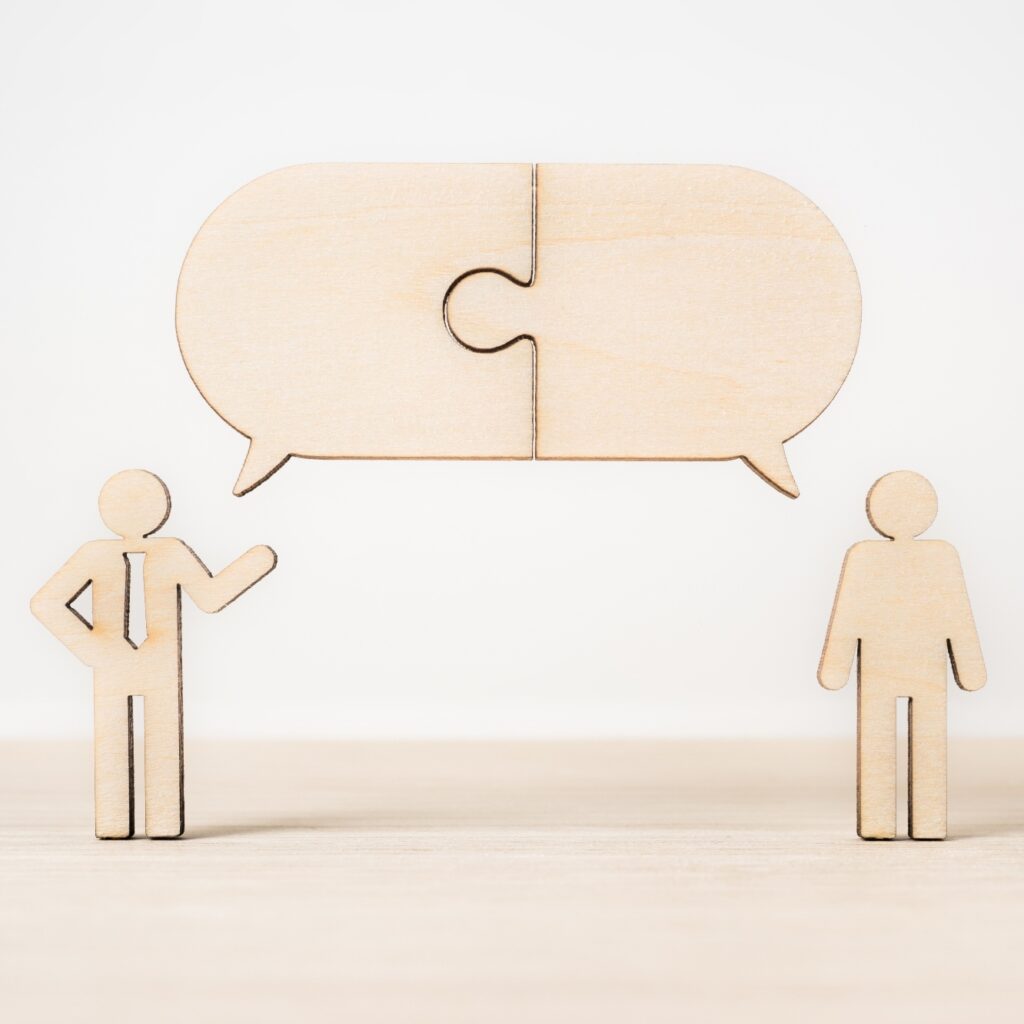Dialogue on the Israel-Hamas War

Can we talk about it?
Amid the grief, the sorrow, the anger, and the anguish surrounding the Israel-Hamas war is dialogue still possible? The horrific attacks of Oct. 7th, and the ongoing humanitarian catastrophe wrought by the bombing of Gaza, have left both individuals and institutions bereft.
For an organization like the Institute for Islamic, Christian, and Jewish Studies (ICJS), whose mission is to dismantle religious bias and bigotry and to build interreligious community through dialogue, the answer is yes—we must try to speak to one another, particularly about hard topics.
ICJS’ initial statement in the days after Hamas attacked Israel urged three actions: to mourn the dead and weep for the suffering; to stand against antisemitic and Islamophobic bigotry; and to reach out to those impacted by the violence and continue to listen. We knew that dialogue would be difficult; but that it must continue.
Since then, ICJS has been quietly at work convening conversations about the Israel-Hamas war.
Rules for Effective Dialogue
Dialogue is the mutual understanding of each others points of view. Debate is the argument of one’s position over that of another. It’s important to know the difference.
I was saying that I’ve learned to define dialogue as two people having irreconcilable differences, but hearing each other. Me being able to repeat that person’s point back to them, and them saying, “Yes, that’s what I said.” And when I say that, people are actually moved.